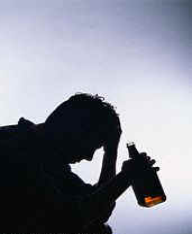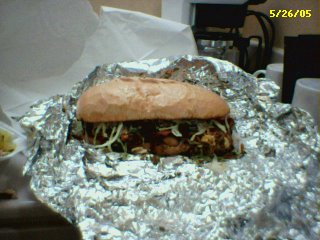Merlot Talks Turkey, and Cheese
 Greetings Voignier and Kindly Literati,
Greetings Voignier and Kindly Literati, Frankly, I was at a loss when Dr. Emily asked me to sum up and review the repertory of films she selected for our time on the road last night. Dr. Emily was disappointed but was quick to let go of any residual ill will when she began to compare and contrast Dr. Zhivago and Reds for their portrayals of the Russian revolution, and the series of events leading to that country's transition from Tzarist feudal nation to s supreme Soviet empire of "communism," if you will. It turns out the Dr. Emily would not, and took the better part of 2 hours, outlining the reasons why the Soviet Union was a failed attempt at what she called "true communism," with a kind of religious reverence. She would have finished, I suspect after just one hour, but my unfortunate observation that "Karl Marx died penniless, leaving a wife and several children destitute."
It was then that Dr. Emily stated that "Freedom is an illusion," as we passed a large sandwich shop with parking enough for our bus and escort cars. "True communism could free man from the chains of private property, but has never been tried to any measure of success," she continued. I agreed that it had been tried, many times, and never with any measure of success, and replied with the simple statement: "'Utopia,' is Latin for 'No-place', as Sir Thomas More was well aware when he wrote his seminal novel about the hopes and dreams of mankind."
It was the kind of conversation Dr. Emily and I have from time to time, which usually ends with a big meal of something commercially prepared by an independent food operator, to be washed down with cold boxed wine. This time was not exception. This time it was Submarine, or "Grinders" as she calls them, having been raised on Boston's Beacon Hill for much of her early life, which was a short distance form Boston's General Hospital, where her father worked. Apparently, Dr. Emily was a prodigy in those days, and grew accustom to long philosophical discussion with her father. It was before Sister Ruthie was adopted. Perhaps these talked remind Dr. Emily of those happer times, when the future held so much promise, and ideas were footholds along a trail to the top of some outsized mountain where sherpas make a living helping visitors make their way to high places. These conversations are a nice counterpoint to all the relationships we both of with our friends who occupy society's lower depths, if you will.
 Lunch, however, was the thing that was in the front of my mind after the second hour of discussion, which I believe Dr. Emily observed in my eyes. And so, the pizza shop was the perfect ending to yet another protracted discussion of political economy, which take place before noon. Political economy does not lend itself to discussion once boxed wine is being served, which is always after noon, where Dr. Emily is concerned. And so, we ordered and photographed our lunch with a camera that we have still not figured out how to set, or use to full advantage. The boxed wine we used to wash it down was white wine, which offered the perfect tonic to the meal. It hinted of smoke salmon, peaches and lead pencils, oddly enough.
Lunch, however, was the thing that was in the front of my mind after the second hour of discussion, which I believe Dr. Emily observed in my eyes. And so, the pizza shop was the perfect ending to yet another protracted discussion of political economy, which take place before noon. Political economy does not lend itself to discussion once boxed wine is being served, which is always after noon, where Dr. Emily is concerned. And so, we ordered and photographed our lunch with a camera that we have still not figured out how to set, or use to full advantage. The boxed wine we used to wash it down was white wine, which offered the perfect tonic to the meal. It hinted of smoke salmon, peaches and lead pencils, oddly enough. 

0 Comments:
Post a Comment
<< Home